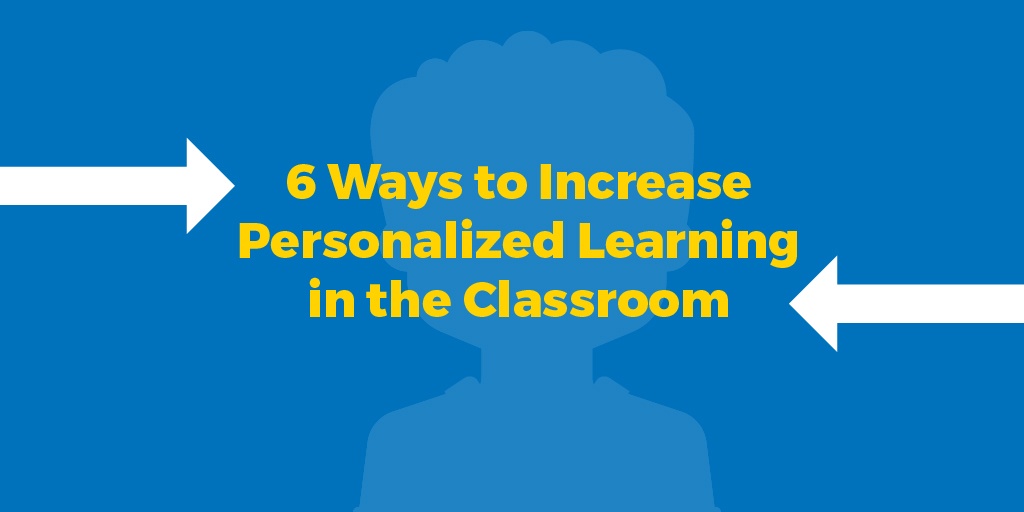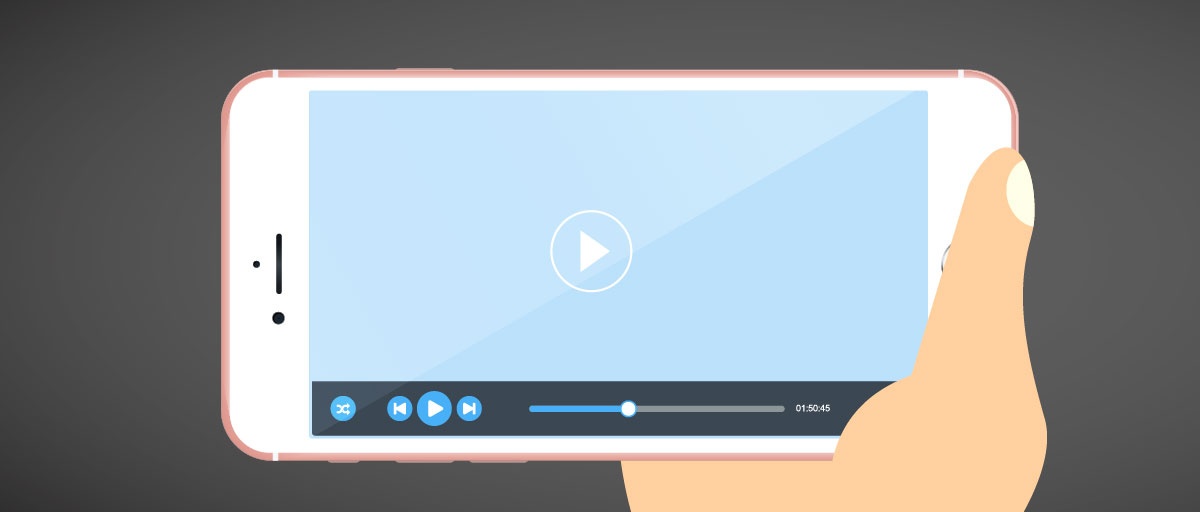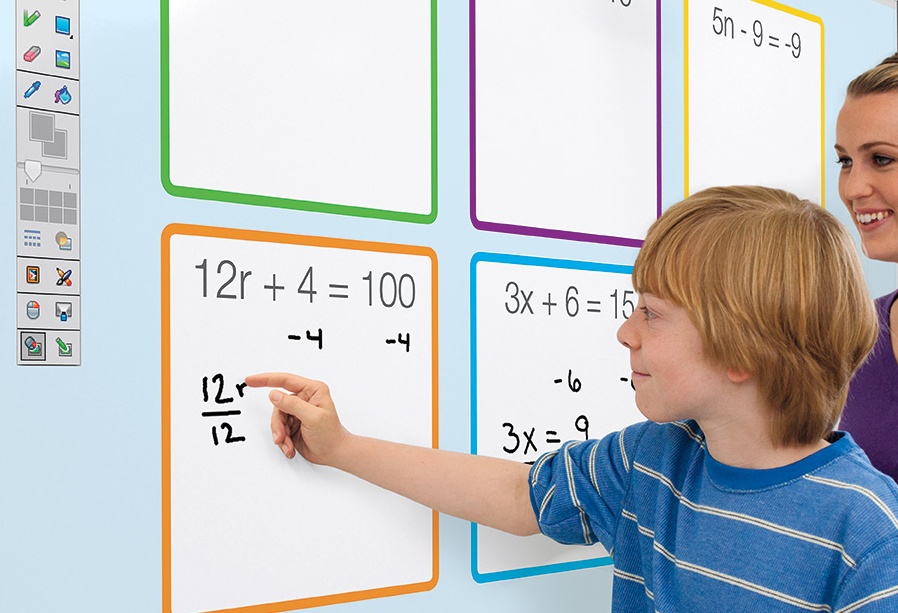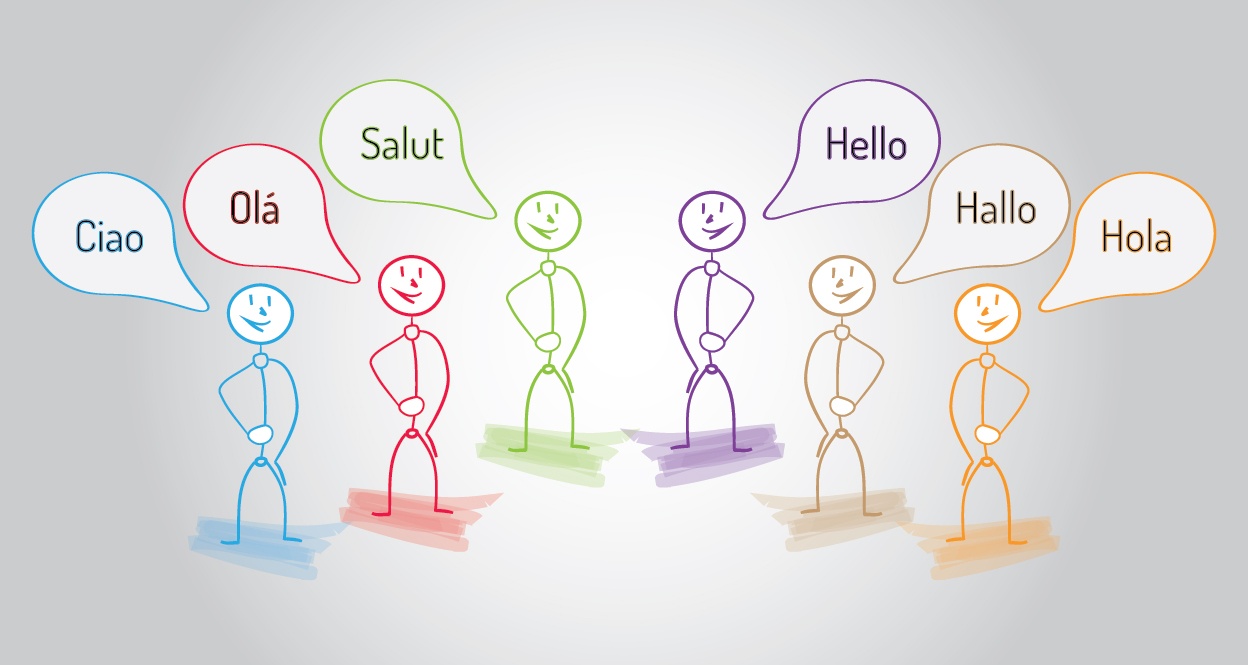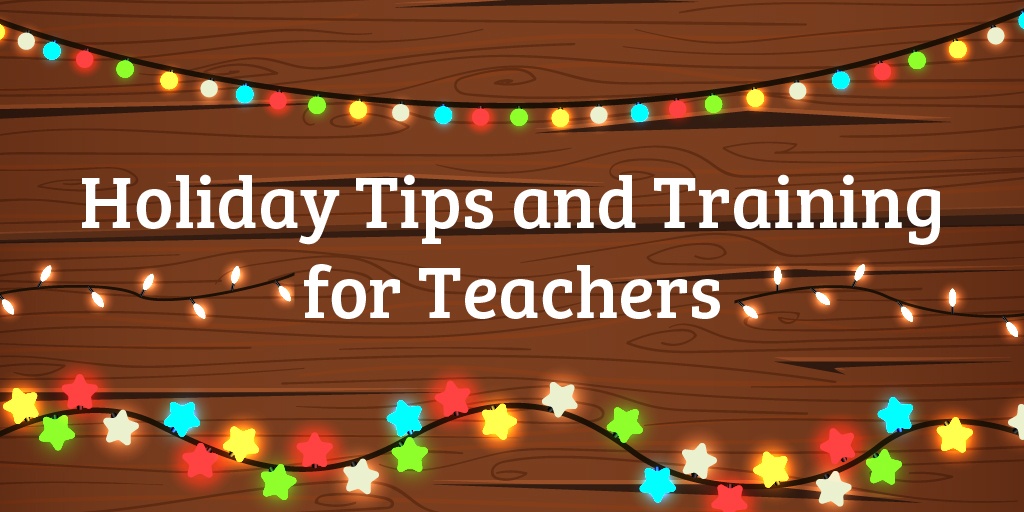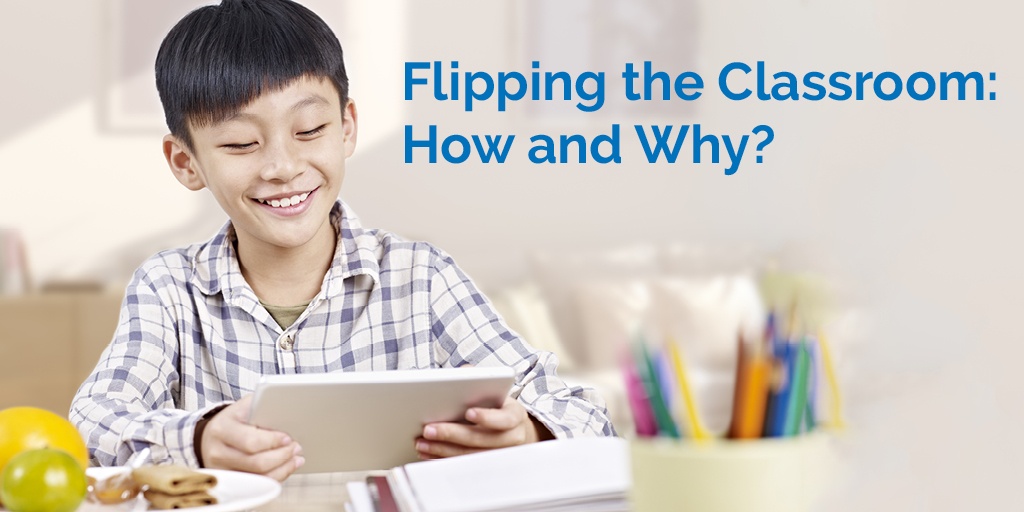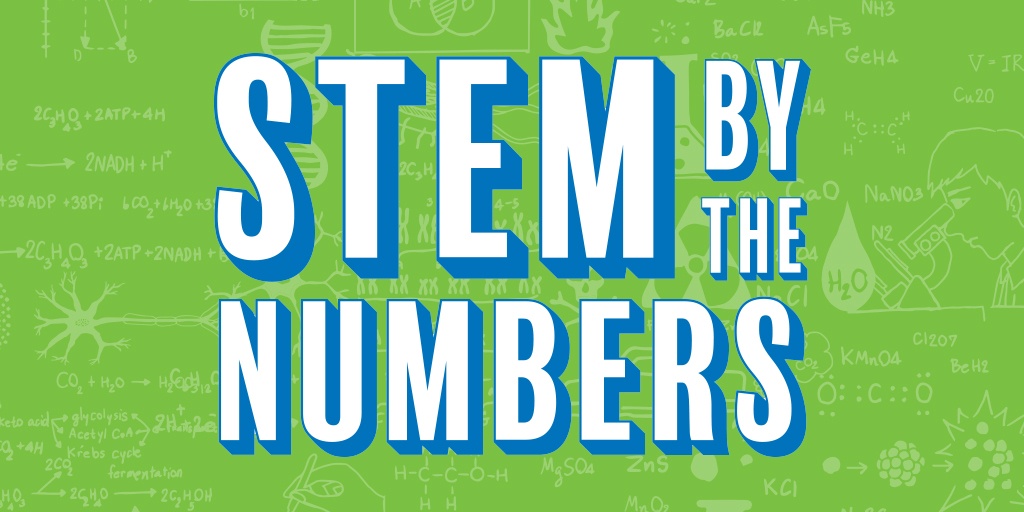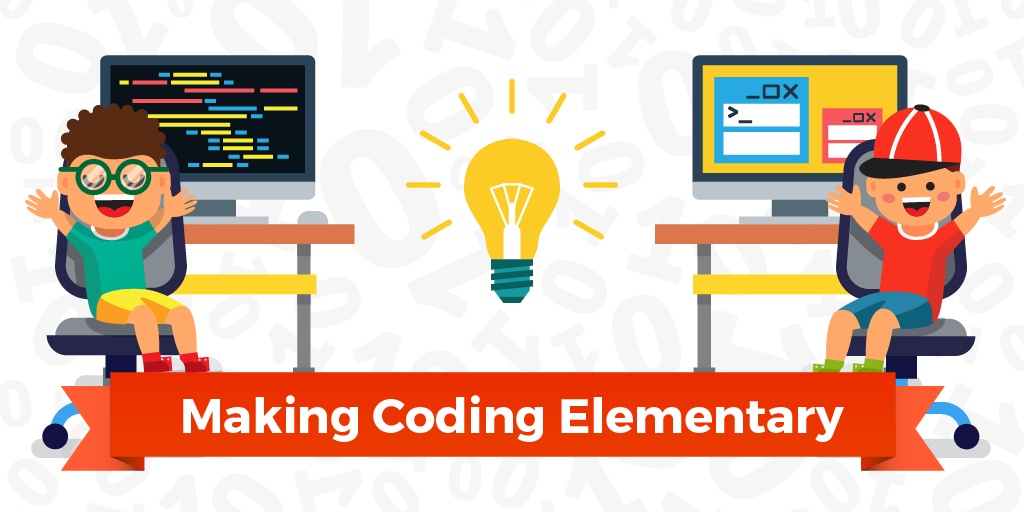A student is sitting down to eat a “meal” of information that has been prepared for them. One teacher offers them a homemade meal as a chef would, with different ingredients pulled together to create the meal. Another teacher produces a quick ready-made meal that has been provided for them (think Hamburger Helper). The student is offered both meals—which will they eat?
6 Ways to Increase Personalized Learning in the Classroom
It’s midyear and time to really evaluate your students’ progress. What kind of growth have they made? What goals still need to be met? What about those state assessments that will be here before you know it? Here are some easy tips for increasing personalized instruction and maximizing your students’ growth:
Topics: curriculum, tips for teachers, Personalized Learning
A while back, I taught a high school broadcast journalism class. It was a lot of fun and we did some amazing things with technology, video, and journalism.
At the same time, I taught a sophomore language arts class. Since I was teaching the video recording skills anyway, I decided to do a video project with my language arts students. The results opened my eyes—I realized that for most kids, adding a camera to a project brought instant engagement. They were planning, creating, revising, and researching for ways to do it better, and their creations were pretty funny. The same project I had completed for many years became something fresh and new just by adding in the video component.
Topics: iPad App, Educational Apps, curriculum, tips for teachers
We teachers can be pretty set in our ways when it comes to how we do things in our classroom. Lessons we’ve had in our arsenal are continually refined and can be presented at a moment's notice to fit our curricular needs. For those newer to the classroom, it takes considerable time to create the perfect lesson that achieves the learning goals you have. We’ve all been there when a lesson turns out to not go exactly the way it was intended—it’s all part of the process of getting better as an educator and a professional.
Ready to try something new? Shake up your routine this month with these engaging lessons and activities from MimioConnect™, our interactive teaching community:
Topics: Lessons, Professional Development for Teachers, Free Content, curriculum, tips for teachers
February 16 will mark the second annual Boxlight STEM Day (#BLSTEM)—and there are a few new details, so read on to learn more!
First of all, some things won’t change. Just like last year, students will work with their classmates in a hands-on, inquiry-based learning event designed to help them learn critical STEM skills and understand how STEM disciplines apply to the world around them. And as before, Boxlight will provide the lab experiment and the event will involve using our wireless Labdisc portable STEM lab, so it’s less “same old classroom activity” and more “exciting new real-world work.”
Topics: Science Lessons, STEM Lessons, curriculum, STEM
Today’s classroom has many English Language Learners (ELL), once referred to as English as a Second Language (ESL) or Limited English Proficiency (LEP). There are over 4 million students in public education classified as ELL—and these numbers continue to rise. In the 1990s, there were 14 million immigrants who moved to the US, and there were 14 million more between 2000 and 2010. In fact, ELL students are the fastest-growing student population according to the National Council For Teacher Education (NCTE).
Topics: curriculum, tips for teachers, ELL, ESL
The turkey has been eaten and it's officially time for the holidays! Get your classroom and students in the holiday spirit with these festive learning packs—we have some great lessons and activities to inspire you all month long.
Topics: Lessons, curriculum, Training, tips for teachers
In today’s public education classroom, many students have a device that will connect to the Internet. At the secondary level, many students are taking that device home. Because students now have new options for learning outside of the classroom, teachers and administrators are interested in “flipping” the classroom. But what exactly does this term mean?
Topics: Education Technology, curriculum, education industry, tips for teachers
At the forefront of education today is STEM (science, technology, engineering, and math) learning, which is necessary in order for American students to be competitive in the job market after graduation. Careers in these fields will continue to grow, so it’s imperative that we make STEM a priority to ensure that our students don’t miss out on future opportunities. Here are a few facts about STEM that showcase why these topics are so important:
Topics: curriculum, education industry, STEM, STEAM
Coding has become part of the curriculum in many schools across the country—even for our youngest students in elementary schools. Coding has quickly grown over the past few years to be considered a fundamental basic literacy skill as it teaches students to be problem solvers and critical thinkers in a digital world. With an estimated 1.4 million programming job openings over the next 10 years, coding is one of the fastest growing job markets for our students as they move from school to the workplace.
Teaching coding in elementary schools is easy and so much fun. Over the past few years, many companies have created block coding apps, programs, robots, and more to help educators scaffold learning for our younger students. Block programming offers a simplified model of coding, with each block representing different commands. Block codes allow students to easily drag and drop a sequence of blocks together to create actions. Programs fall into the two main categories: Puzzle, where students use blocks of code to move an avatar through a series of mazes; and creation, where students drag and drop blocks of code to create their own program, story, or game.
Topics: Science Lessons, curriculum, 21st Century Skills, tips for teachers, Coding


